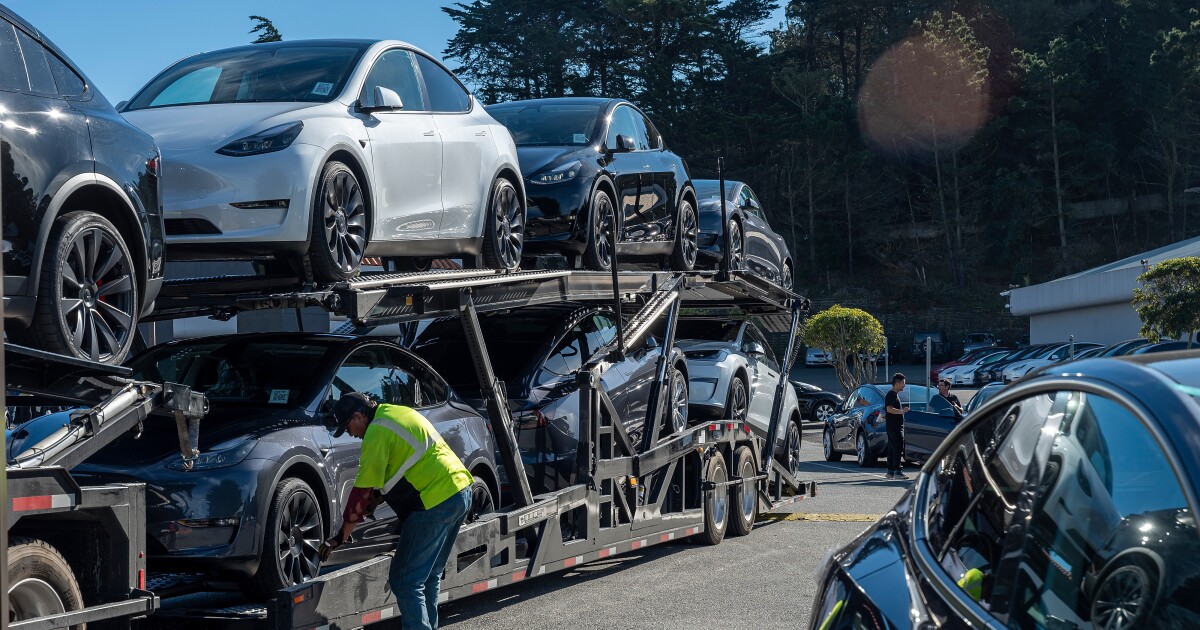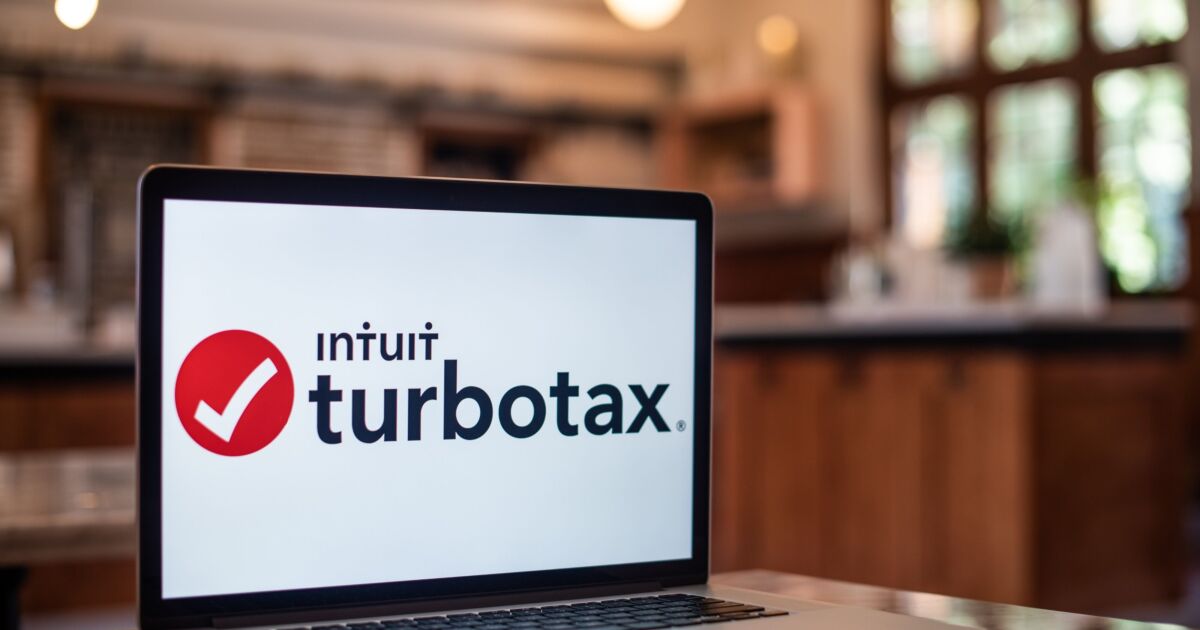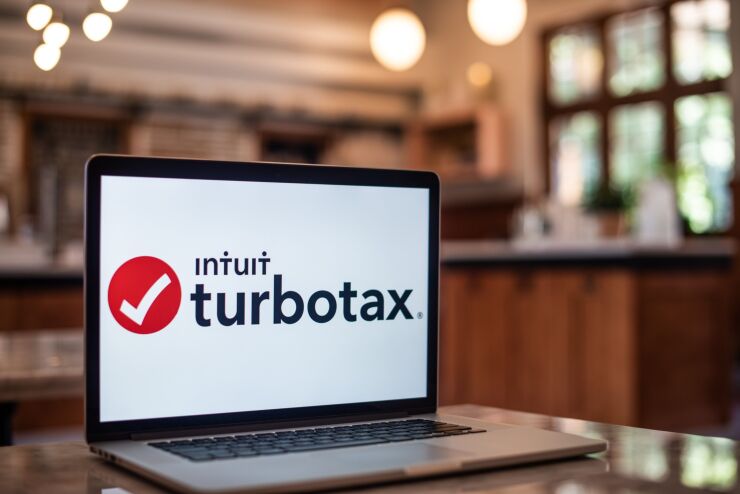The Biden administration gave carmakers a partial reprieve in finalizing electric-vehicle tax credit rules intended to loosen China’s grip on battery materials crucial to the car industry’s future.
Starting in 2025, plug-in cars containing critical minerals from businesses controlled by U.S. geopolitical foes, including China, will be ineligible for up to $7,500 tax credits, the Treasury Department said Friday. Automakers will get an extra two years, however, to shore up sourcing of graphite and other materials considered difficult to trace to their origin.
The rules put finishing touches on President Joe Biden’s push to develop an alternative to China’s preeminent EV and battery supply chains. The administration is imposing stringent sourcing requirements for raw materials and components in order for electric cars to qualify for the tax credits that are a powerful draw for consumers otherwise put off by still-high prices.
“These actions provide a strong signal to automakers that we want to see EVs built here in America with components and critical minerals sourced from the U.S. and our allies and partners,” White House Climate adviser John Podesta said.
The two-year exemption speaks to the challenges automakers have had reducing their reliance on Chinese suppliers of materials such as graphite. The mineral used in battery anodes emerged as a geopolitical flashpoint last year when Beijing placed restrictions on exports, sparking fears of global shortages.
The Biden administration’s rules don’t allow tax breaks for vehicles with batteries containing critical minerals from foreign entities of concern, a term referring to businesses controlled by US geopolitical foes such as China, North Korea, Russia and Iran. Those requirements take effect in 2025, as proposed.
But Biden has given auto and battery manufacturers some flexibility on this front, too. In December, the administration decided to allow materials from foreign subsidiaries of privately owned Chinese companies in non-FEOC countries — such as Australia or Indonesia — to count toward tax credit eligibility. This drew criticism from Western miners and policymakers who want Biden to more aggressively cut China out of the supply chain.
Automakers will now have until 2027 to curb the use of certain difficult-to-trace materials from FEOCs, provided that they submit plans to comply after the two-year transition and it’s approved by the government, the Treasury Department said.
“FEOC exemptions for any battery materials should be temporary,” said Abigail Hunter, the executive director of the Center for Critical Minerals Strategy at SAFE, a Washington think tank. “We need a clear exit strategy, lest we continue our dependencies on adversaries and further undermine the competitiveness of U.S. and allied critical minerals projects.”
The rules release concludes two years of work on requirements that already have reduced the number of EVs eligible for tax credits. About 20 models qualify today, compared to as many as 70 previously. Treasury Department officials said Friday they expect the number of qualifying vehicles to continue to fluctuate as companies adjust their supply chains.
Automakers including Tesla Inc., General Motors Co. and Toyota Motor Corp. have lobbied for additional flexibility to meet requirements. A lobby group representing automakers based outside the US praised the additional two years provided for the difficult-to-trace materials.
“It will take time for the global production and sourcing of graphite and other critical minerals needed to produce EVs to match the strict standards required by automakers,” Autos Drive America President Jennifer Safavian said in a statement.


 Finance1 week ago
Finance1 week ago
 Accounting6 days ago
Accounting6 days ago
 Stock News1 week ago
Stock News1 week ago
 Personal Finance6 days ago
Personal Finance6 days ago
 Economics1 week ago
Economics1 week ago
 Stock News1 week ago
Stock News1 week ago
 Finance1 week ago
Finance1 week ago
 Finance1 week ago
Finance1 week ago











